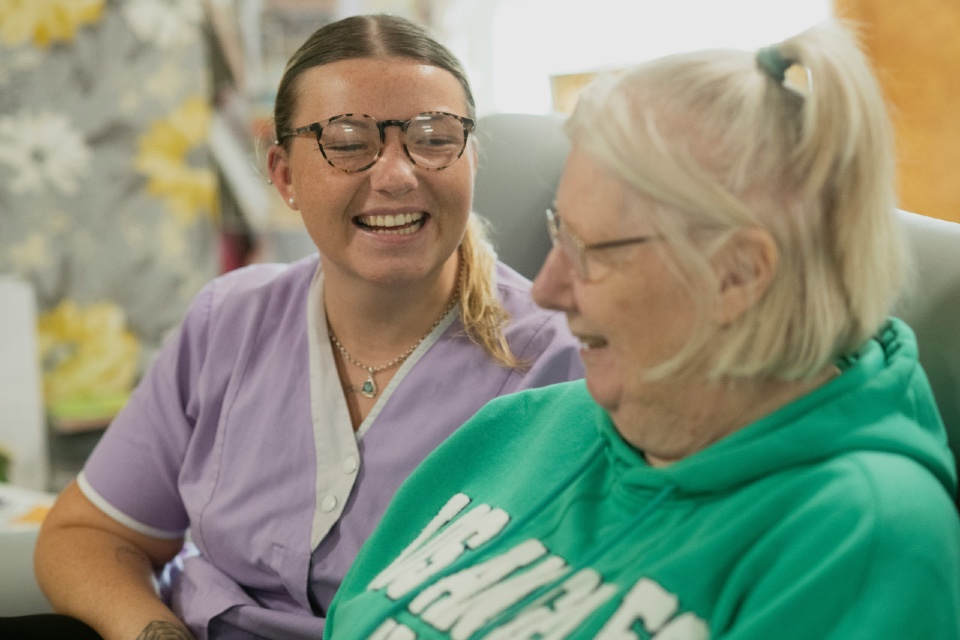The social care workforce is absolutely vital. Without the work carried out by the incredibly skilled and talented people both in residential care settings and for vulnerable people living at home, the sector would simply not be able to successfully meet the needs of service users.
Care home operators and other care providers have a duty of care to provide training and career development opportunities to ensure that carers are equipped with the skills they need to look after the people they care for.
Helen Daly, learning, development & performance programme manager at Vida Healthcare discusses why training the next generation of carers should be top of the agenda, and initiatives that can be put in place to support this…
Incentivising staff
Employers who understand why providing opportunities for career development is so important and encourage staff to consider social care as a career rather than just a job will be more successful in recruiting and retaining talent. This will also drive the passion and dedication of staff when it comes to caring for society’s most vulnerable, and ensure people are committed to delivering best practice and learning new skills.
Investment in career opportunities will inspire more people to become interested in a role within social care, and make current carers feel supported in their ambitions. Showing compassion and interest in the personal development of employees will create a positive workplace culture and working environment which retains existing staff and attracts new talent.
Investing in a training platform
There are lots of initiatives that can be put in place to support carers in their training, development, and skill set. One such initiative is unique and specialist training platforms which promote lifelong learning and establish carers as ambassadors for the people they care for.
A range of courses can be offered through training platforms, such as mentorship programmes for staff to support new carers, development programmes, student placements, and reinvigorated Care Certificate offers.
Vida Healthcare’s training platform features a dedicated app which provides regular activity updates and opportunities, alongside the latest research, development and best practice in dementia and social care.
The next generation
Over the years we’ve seen care homes go through significant changes. The 1980s saw the rise of private care, while today we’re seeing an emphasis on the provision of nursing care for residents with high support needs, particularly as they come to the end of their life.
With the majority of care home residents living with a chronic condition, the care homes of today can struggle to deliver care that is proactive, preventative, and unique to each individual. We’re therefore beginning to see specialist care providers becoming increasingly common which are more easily able to tailor their care to the specific needs of service users.
This should be reflected in the people recruited to the sector and the training opportunities offered. It won’t be possible to train the next generation of the social care workforce without bearing in mind the unique challenges and requirements of our population and the specialist care they require.







